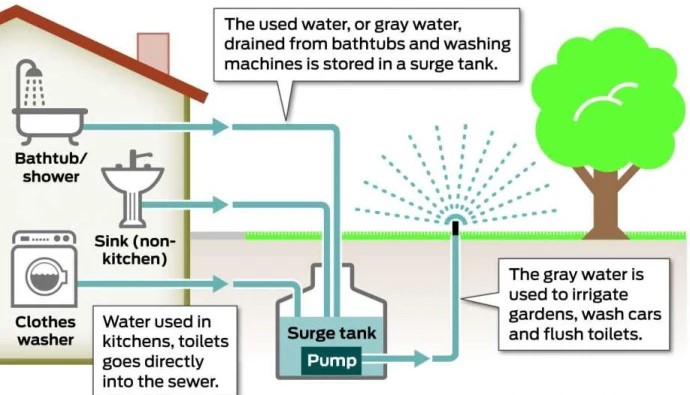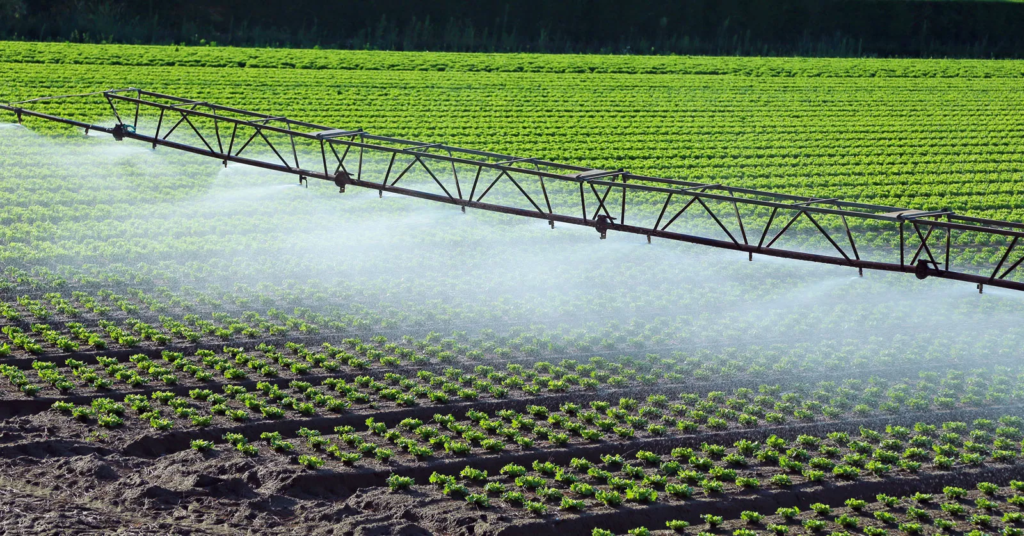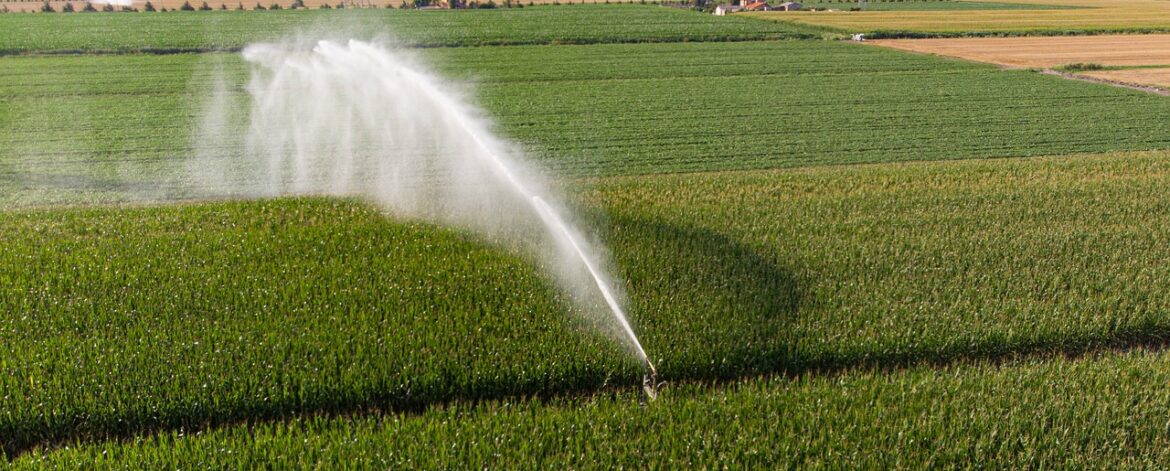Introduction
As global population growth continues to rise, the demand for food and water intensifies. Conventional agriculture, which consumes approximately 70% of freshwater resources globally, is under pressure due to water scarcity, climate change, and urbanization. This challenge necessitates innovative solutions to ensure sustainable agriculture. Greywater—domestic wastewater excluding sewage—offers an alternative, sustainable source for irrigation and agricultural purposes. With proper treatment, it can bridge the gap between water demand and supply while mitigating environmental impacts.
The Role of Greywater in Sustainable Agriculture
Greywater is a nutrient-rich resource containing essential elements like nitrogen, phosphorus, and potassium (NPK) vital for plant growth. Unlike freshwater, greywater is readily available from household activities such as laundry and bathing. Studies have shown that treated greywater can enhance irrigation efficiency and reduce reliance on freshwater sources. For example, in hydroponic farming systems, greywater provides an efficient medium for growing crops without soil, saving up to 1,500 liters of water per household weekly. This approach not only conserves water but also offers a viable solution for urban agriculture where land and freshwater are limited.

Challenges and Solutions in Greywater Usage
While greywater has significant potential, its adoption faces challenges:
- Quality Concerns: Untreated greywater may carry biological contaminants. Advanced treatment processes, including biofiltration, gravel filtration, and chlorination, ensure its safety.
- Public Acceptance: Awareness campaigns are needed to overcome societal hesitation toward greywater use in agriculture.
- Infrastructure Requirements: Establishing greywater collection and treatment systems can be cost-intensive, but decentralized treatment units at residential levels offer scalable solutions.
Research has demonstrated effective low-cost treatment methods, such as stabilization tanks and biochar filtration, making greywater reuse accessible for developing regions. These methods address concerns about contaminants and improve water quality for safe agricultural application.

Environmental and Economic Benefits
Integrating greywater into agricultural practices significantly reduces water stress, especially in arid and semi-arid regions. Multi-period optimization studies, such as those conducted in Qatar, highlight the dual benefits of greywater usage:
- Water Footprint Reduction: Treated greywater minimizes pollution and reduces dependency on freshwater aquifers, lowering water footprints.
- Carbon Footprint Reduction: By replacing freshwater with treated greywater, carbon emissions associated with water extraction and treatment are significantly reduced.
- Economic Feasibility: Farmers adopting greywater irrigation save on water costs and contribute to environmental sustainability, fostering long-term resilience in agriculture.

Conclusion
Greywater agriculture presents an innovative pathway to address the global water crisis and enhance agricultural sustainability. By reusing wastewater, we conserve freshwater resources, reduce environmental pollution, and ensure food security. However, scaling this practice requires collaborative efforts in research, policymaking, and community engagement. As we look toward a future of sustainable farming, greywater offers a compelling solution to nourish both our crops and our planet.
References
Elmahdi, A. (n.d.). Addressing water scarcity in agricultural irrigation: By exploring alternative water resources for sustainable irrigated agriculture. Water Sector Lead, Division Mitigation Adaptation, Green Climate Fund-GCF, Incheon, Republic of Korea.
Datar, V. (2021). Hydroponic Farming from Treated Grey Water. International Journal of Advance and Innovative Research, 8(4), 635–639.
Lahlou, F., & Al-Ansari, T. (2024). Multi-period optimization of water planning for a sustainable agriculture: Carbon footprint and water footprint assessment. IOP Conference Series: Earth and Environmental Science, 1372, 012060.


